The Art of Destiny
In his latest fantasy epic, The Art of Destiny, Wesley Chu weaves a narrative that disrupts the conventional prophecies of fantasy lore with grace and vigor. Chu rejects the familiar trope of the infallible chosen one, instead delving into the messy, often unpredictable reality of forging one’s path in a world that is simultaneously magical and harsh.
At the heart of The Art of Destiny is Jian, a protagonist refreshingly ordinary despite his once-foretold greatness. After the prophecy predicting his rise as the hero destined to defeat the Eternal Khan crumbles, Jian’s journey from disillusionment to empowerment encapsulates the book’s core theme: the power of choice over destiny. Under the tutelage of Taishi, a stern yet insightful grandmaster, Jian’s transformation is both rigorous and enlightening, as he learns the potent war art of his mentor’s lineage.
Taishi, enigmatic and tough, brings a compelling depth to the story by recruiting retired grandmasters to aid in Jian’s training. This motley crew of elderly warriors adds a humorously poignant layer to the narrative, challenging traditional expectations of age and capability in heroism.
Parallel to Jian’s story runs the tale of Qisami, an assassin with her own complex relationship with destiny. Tasked with protecting a high-ranking noblewoman, Qisami embarks on an undercover mission that unexpectedly offers her new interpersonal connections and a sense of belonging. Chu skillfully portrays her internal conflict and growth, making her arc one of the most engaging aspects of the novel.
Moreover, Sali’s narrative strand introduces a different perspective on leadership and revolution. After her clan is exiled and stripped of their purpose—finding the next Eternal Khan—Sali’s evolution from a seeker of predestined leaders to a leader herself is both inspiring and revolutionary. Chu deftly uses Sali’s journey to explore themes of leadership, exile, and community rebuilding.
Wesley Chu’s prose is both vibrant and precise, crafting scenes that vividly depict the grandeur and decay of his world while maintaining a brisk pace that propels the reader through the twists of the plot. The world-building is robust, with rich descriptions that breathe life into the diverse settings of the novel, from serene dojos to bustling underground markets.
The thematic exploration of destiny versus choice resonates deeply in today’s world where the journey to find personal purpose and identity often diverges from expected paths. Chu challenges readers to ponder the essence of destiny and the value of choosing one’s path, making The Art of Destiny not just a tale of magic and conflict, but a reflective mirror on human aspiration.
However, while the multiple narrative threads enrich the novel, they occasionally compete for attention, which might overwhelm readers new to complex fantasy epics. Despite this, each character’s arc is given enough space to breathe, ultimately weaving into a cohesive and satisfying conclusion.
The Art of Destiny is a commendable addition to the fantasy genre, offering a fresh perspective on heroism, destiny, and personal choice. Wesley Chu delivers not only a compelling narrative but also a thought-provoking meditation on the paths we tread in the pursuit of our destinies.
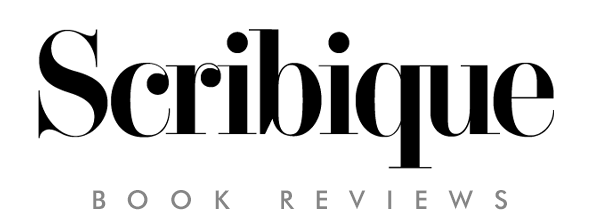
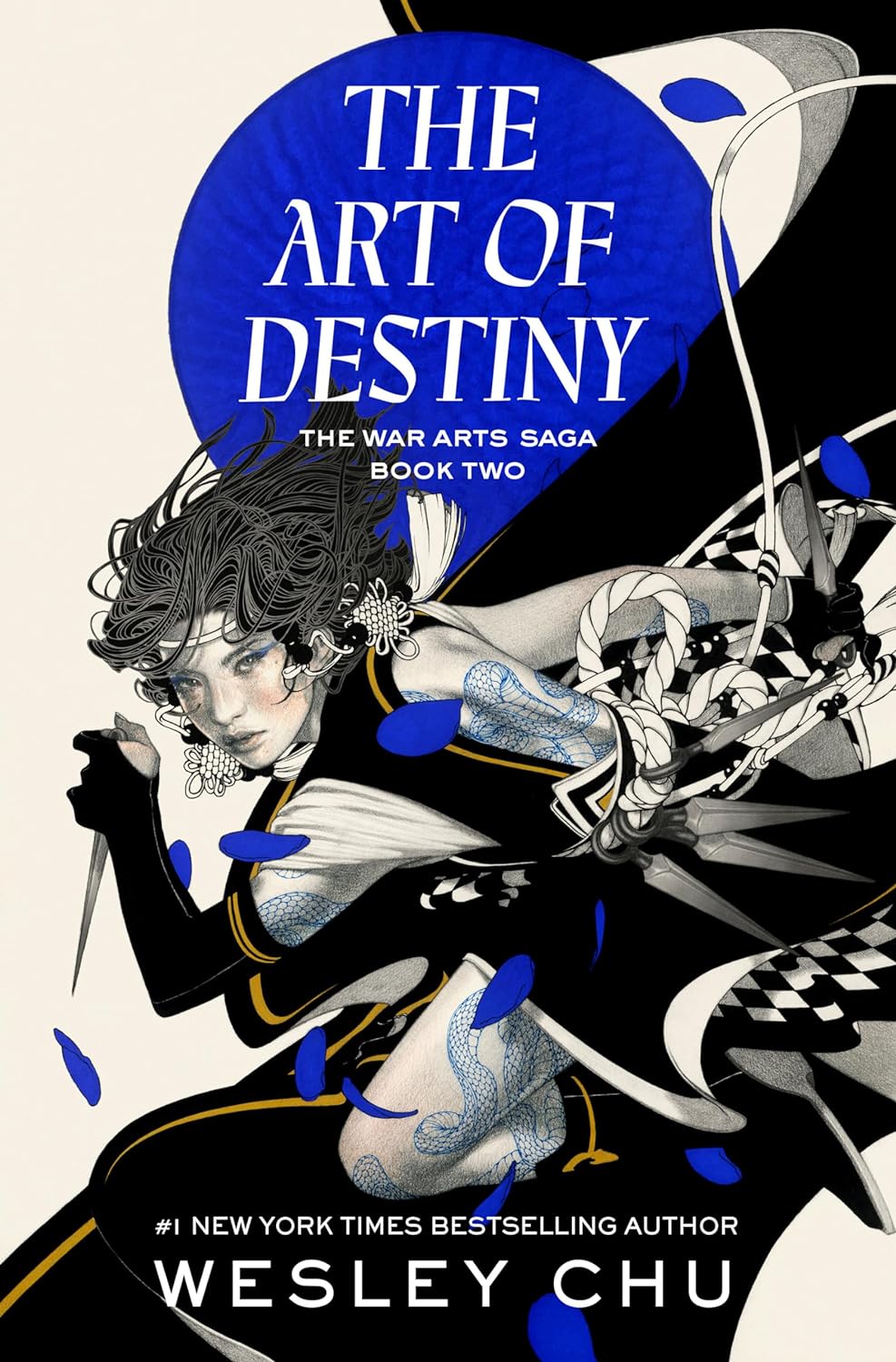
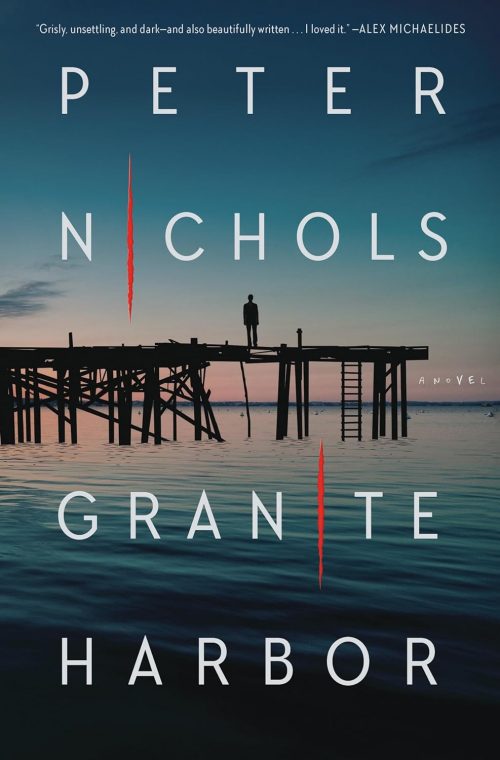
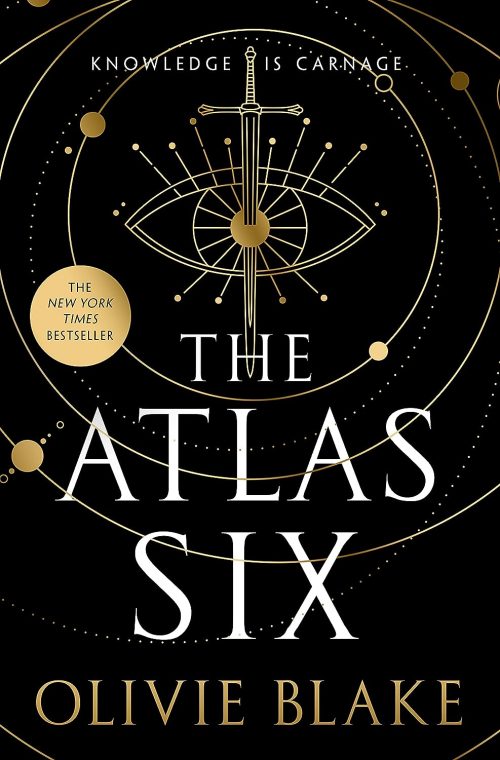
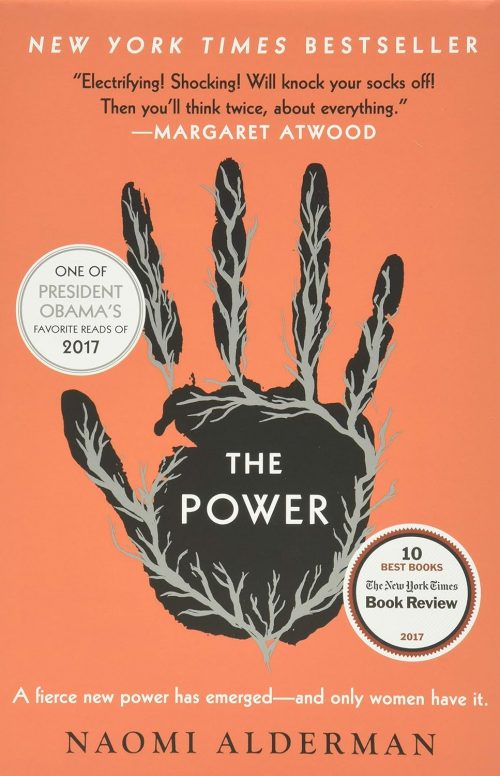
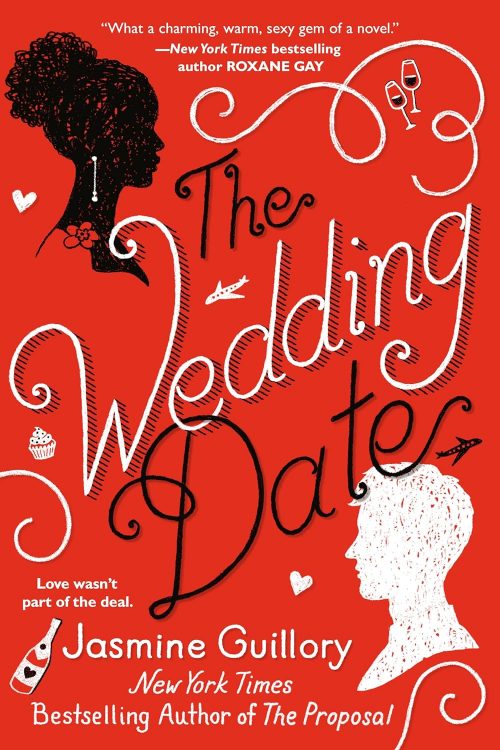
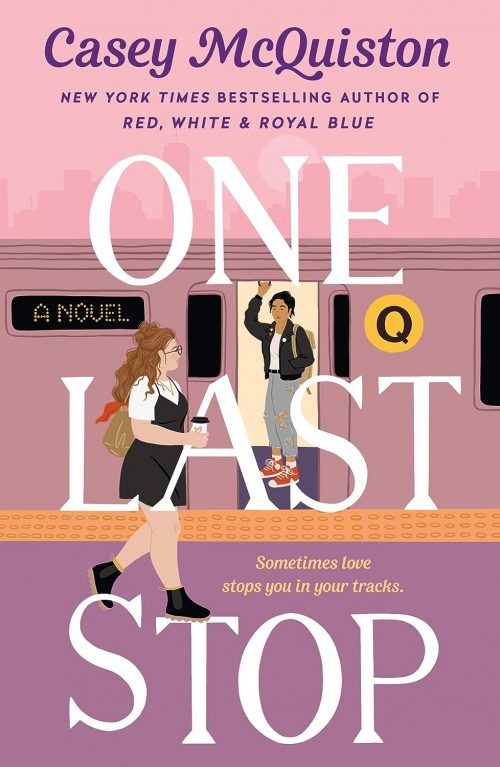


Reviews
There are no reviews yet.